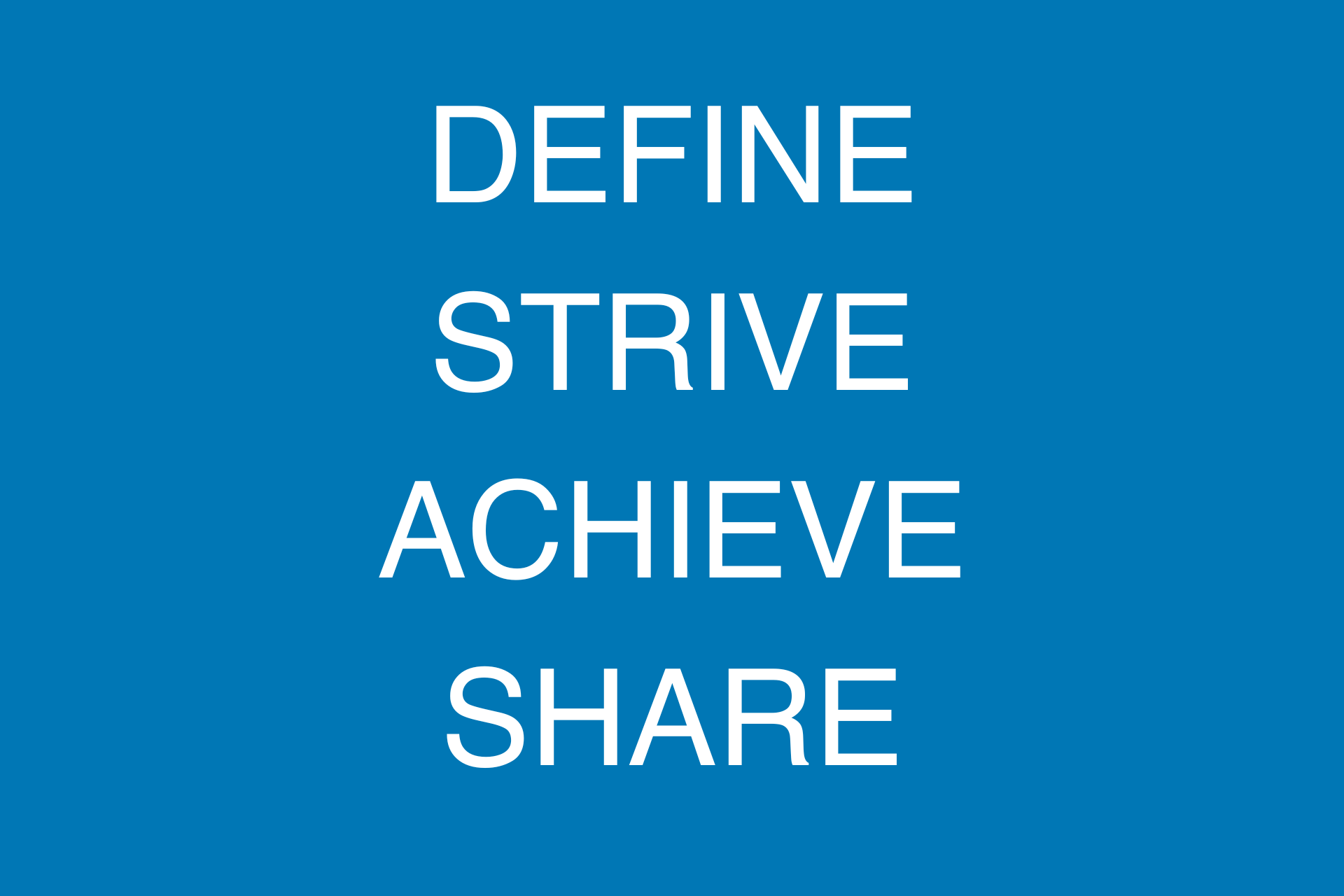How Marlo Clarke turned conversations into a Speaking Business

I love hearing how speakers get started. Some stumble into it. Others plan every step but very few build a business the way Marlo Clarke did.
When Marlo decided to become a professional speaker, he didn’t write a keynote, he didn’t build a website, he didn’t even call himself a speaker, instead he travelled to 13 countries. Everywhere he went, he had conversations - real, human conversations. He asked people from all walks of life one simple question: “What does a fulfilling life and career mean to you?”
Those conversations became the foundation of his content, his approach, and ultimately his speaking business.
These are the main points I took from our recent podcast conversation:
Your story is only useful if it connects to theirs
Marlo’s story is interesting - rugby, moving countries, building youth programmes, becoming a TEDx speaker, but he doesn’t lead with that, he leads with a question.
When he’s approached about a speaking opportunity, he doesn’t pitch. He asks to speak to two employees - one senior, one junior because he wants to understand what’s really going on in the organisation. Not the brief, the reality. He builds from what he hears not what he wants to say.
A good reminder that our story is just the vehicle, the real focus is always the audience.
Curiosity isn’t a nice trait, it’s a competitive advantage
Marlo spent a year asking strangers about their lives, and what he heard shaped every part of his message. CEOs, retired teachers, athletes, parents - different backgrounds, different roles, but the same kinds of questions and struggles kept coming up. That gave Marlo insight but more importantly, it gave him range. His talks aren’t limited to one sector or demographic, they’re built on themes that travel.
Speakers often rush to get their ideas out. But if you want your talks to be impactful, you need to understand what people care about. Not just what you care about.
Define. Strive. Achieve. Share.
Marlo’s personal development framework is built around four steps:
- Define – what success or fulfilment actually looks like
- Strive – not just in the generic motivational sense, but specifically: how do you pursue it healthily?
- Achieve – and how do you recognise that you’ve done so, instead of rushing past it?
- Share – your time, experience, knowledge, and space with others
It’s simple, but it resonates. Because it’s grounded in experience - his and everyone he’s spoken to.
Purpose isn’t something you have; it’s something you choose.
This was one of my favourite parts of our conversation. Marlo has a formula:
Passion + Intention = Purpose
Passion is the why. Intention is the action. Purpose is the direction you’re moving in. He says purpose isn’t something waiting for you in the future. It’s something you choose, today, in this moment. And it changes. He’s had different purposes at different stages of life - and he’s okay with that.
It’s a more grounded view than the idea that purpose is some grand thing you “discover” one day. And it’s helpful for anyone whose path doesn’t look like a straight line. Which, let’s face it, is most of us.
Being easy to work with is a business strategy
This one made me smile and is an example I wish I had when I wrote The Bookability Formula (out on 8th July, sorry couldn’t resist the plug).
Marlo got offered a virtual talk, the date was the exact time he was due to fly home to South Africa. He could’ve said he wasn’t available, he could’ve asked to reschedule but instead, he stayed an extra week in England and did the talk. He didn’t tell the client, he didn’t make a fuss. He just made it easy. To quote him: “I remembered what Maria always says - be easy to work with.” (I promise I didn’t pay him to say that.). It’s worth repeating, though, in a sea of brilliant speakers, being easy might just be the reason you get booked.
Visibility comes first. The bookings follow.
When Marlo moved to South Africa, he had no network, no referrals, no name recognition.
So he did what speakers often forget to do - he got out and spoke. In schools. In villages. For nonprofits. For free. Because as he says: “It’s hard to refer someone if you’ve never seen them speak. My job is to speak.” Eventually, he got picked up by a bureau. Then booked. Then rebooked. But it started with being visible.
You might feel like you’re starting over when you change markets, in effect you are. You might be tired of unpaid gigs but the truth is, your job is to speak.
Build your business on service, not self-promotion
Marlo’s approach to client conversations is simple. He doesn’t start by saying what he offers. He starts by asking, “How can I help?” And then he listens. That’s where the opportunities come from.
That’s a great way to build trust, find out what is relevant and get booked.
Final thought:
You don’t have to travel to 13 countries to build a speaking business, but maybe you need to ask better questions.
You can listen to the full conversation with Marlo Clarke here: https://speakingbusiness.libsyn.com/build-a-speaking-business-by-asking-better-questions-with-marlo-clarke
And if you’re ready to build a speaking business rooted in relevance and relationships, you know where I am.
View Previous Newsletters

